Art. 37. Aggregation and centralization of demands
1. Contracting authorities or entities, notwithstanding the obligation to use acquisition and negotiation tools, also computerized, provided by current provisions relating to the containment of public expenditure, may proceed directly and autonomously to the acquisition of supplies and services for a value lower than euro 40.000 and of works for a value lower than euro 150.000, as well as through the execution of orders from purchasing tools made available by central purchasing bodies and aggregating entities. In order to execute procedures for a value exceeding the thresholds indicated in the previous paragraph, contracting authorities or entities shall possess the necessary qualification as referred to in Article 38.2. Notwithstanding what provided for in paragraph 1, for the purchase of supplies and services for a value exceeding € 40,000 and lower than the threshold set out in Article 35, as well as for the purchase of works of ordinary maintenance for a value exceeding € 150,000 and lower than € 1 million, contracting authorities or entities possessing the necessary qualification provided for in Article 38 as well as other subjects and organs referred to in Article 38, paragraph 1 proceed through the autonomous use of the computerized tools of negotiation made available by the central purchasing bodies qualified in accordance with the current legislation. In case of unavailability of those tools, also in relation to individual product categories, contracting authorities or entities shall operate pursuant to paragraph 3 or proceed through the development of procedures provided for in this Code.
3. Contracting authorities or entities not possessing the necessary qualification pursuant to
Article 38 shall acquire supplies, services and works by recurring to a central purchasing body or through aggregation with one or more contracting authorities or entities having the necessary qualification.
4. Where the contracting authority or entity is a municipality that is not a provincial capital, without prejudice to what provided for in paragraphs 1 and in the first period of paragraph 2, shall proceed according to one of the following modalities:
a) by making use of a central purchasing body or qualified aggregating subjects;
b) by means of union of municipalities established and qualified as central purchasing body, or by an association or consortium in central purchasing bodies within the forms provided in the legal framework;
c) by means of a single contracting authority established at the provincial level, in the metropolitan cities or through the vast area entities within the meaning of law n. 56 of 7 April 2014.
5. By means of a decree of the President of the Ministers, upon proposal of the Minister of Economics and Finances, after having reached an agreement within the unified conference, within six months from the entry into force of this Code, ensuring the safeguard of linguistic minorities, shall be identified the reference territorial areas in application of the principles of subsidiarity, differentiation and adequacy, and shall be established the criteria and modalities for the constitution of the central purchasing bodies under the form of union of municipalities that are not provincial capitals. In case of concession of network public local services of general economic interest, the sphere of competence of the central purchasing body shall coincide with the territorial ambit of reference ATO), identified on the basis of the sectorial legislation. This shall be without prejudice to the competences of the provinces, metropolitan cities and vast area entities within the meaning of law n. 56 of 7 April 2014. Until the date of entry into force of the decree referred to in the first period, Article 216, paragraph 10 shall apply.
6. Notwithstanding what provided for in paragraphs 1 to 3, contracting authorities or entities may acquire works, supplies or services through a central purchasing body that is qualified within the meaning of Article 38.
7. Central purchasing bodies may:
a) award contracts, conclude and execute contracts on behalf of contracting authorities and contracting entities;
b) conclude framework agreements to which qualified contracting authorities or entities may recur to award their own contracts;
c) operate dynamic purchasing systems and electronic auctions.
8. Qualified central purchasing bodies may carry out ancillary purchasing activities for other central purchasing bodies or for one or more contracting authorities or entities in relation to the possessed qualification requirements and to the territorial reference ambits identified by the decree referred to in Article 5.
9. A contracting authority or entity, in the context of procedures managed by the central purchasing body of which it is part, is responsible for the respect of this Code for the activities that are directly imputable to it. The central purchasing body which exclusively pursues activities of centralization of awarding procedures on behalf of other contracting authorities and contracting entities must respect the provisions in this Code and is held directly responsible for that.
10. Two or more contracting authorities or entities deciding to jointly execute specific procurements and concessions and possess, also in a cumulative way, of the necessary qualifications in relation to the value of the procurement or concession, are jointly responsible of the compliance with the obligations deriving from this Code. The contracting authorities or entities also proceed to identify a single responsible of the proceeding in common between them, for each procedure, in the act through which they agreed the form of aggregation in central purchasing body referred to in paragraph 4 or the recourse to the central purchasing body. Provisions referred to in Article 31 shall apply.
11. Where the conduct of a procurement procedure is not in its entirety carried out in the name and on behalf of the contracting authorities concerned, they shall be jointly responsible only for those parts carried out jointly. Each contracting authority or entity shall have sole responsibility for fulfilling its obligations pursuant to this Code in respect of the parts it conducts in its own name and on its own behalf.
12. Without prejudice to the obligations to use the purchasing and negotiation tools provided for in the existing provisions on the containment of the expenses, in the identification of the central purchasing body, also located in another Member State of the European Union, contracting authorities or entities may proceed on the basis of the principle of good administration, giving adequate justification.
13. Contracting authorities or entities may use a central purchasing body located in another Member State of the European Union only for activities of centralization of purchases carried out in the form of centralized purchase of supplies and/or services to contracting authorities or entities; the provision of the activity of centralization of purchases by a central purchasing body located in another Member State shall be made in conformity with national provisions of the Member State where the central purchasing body is located.
14. From the application of this Article shall be excluded the contracting entities which are not contracting authorities when they carry out one of the activities provided for in Articles 115 to 121 and the other contracting subjects referred to in Article 3, paragraph 1, letter g).
Condividi questo contenuto:






